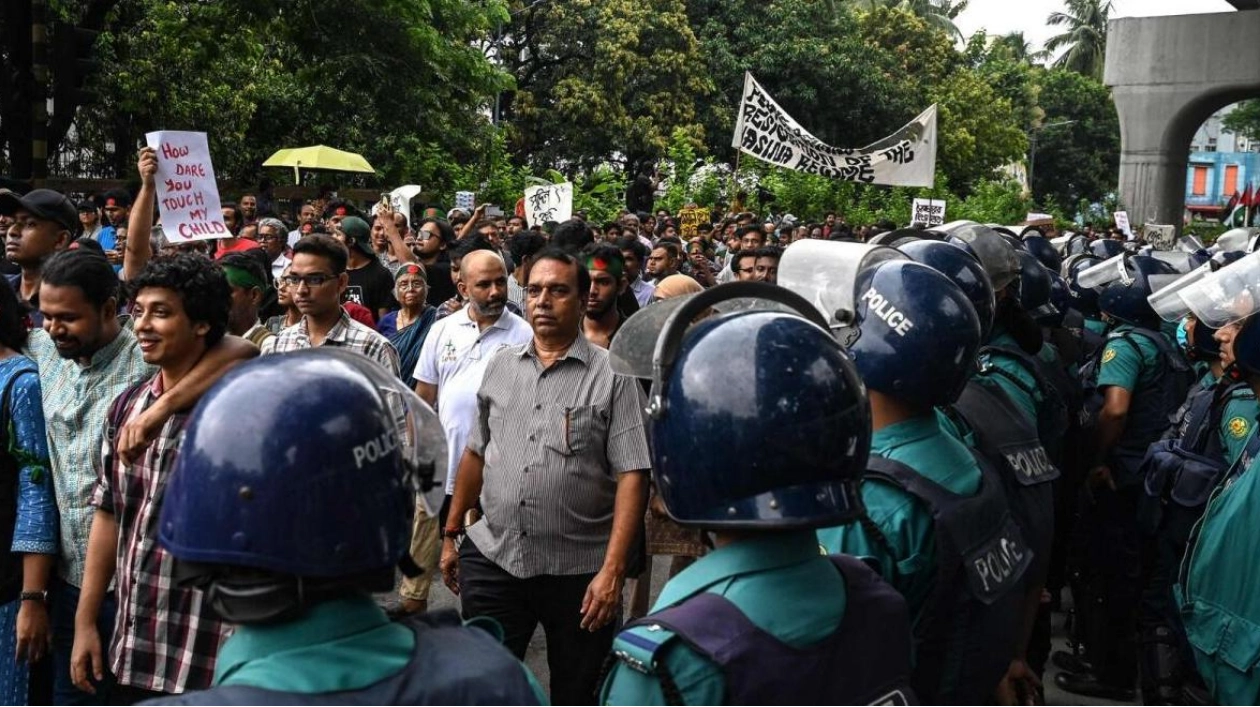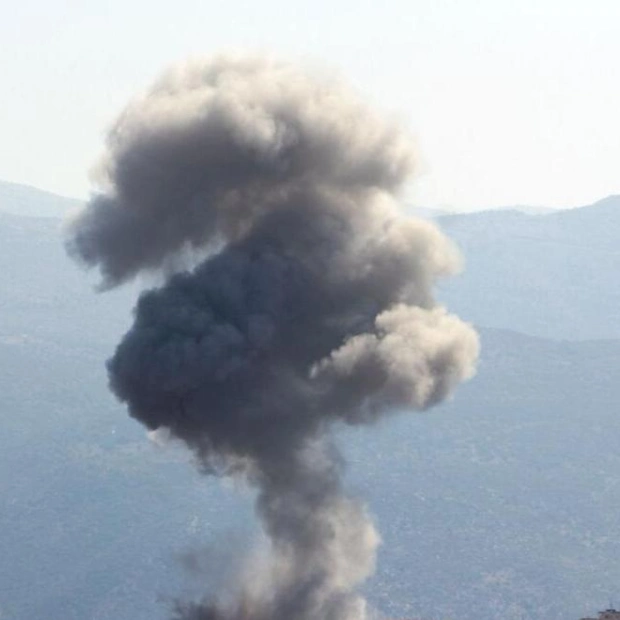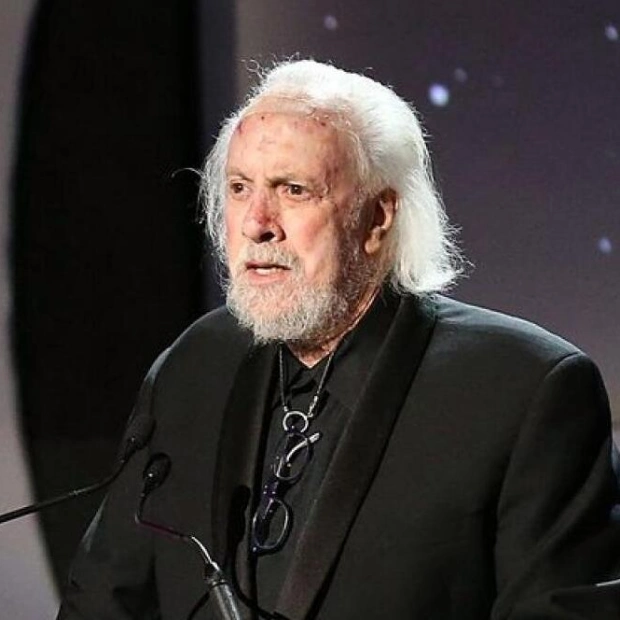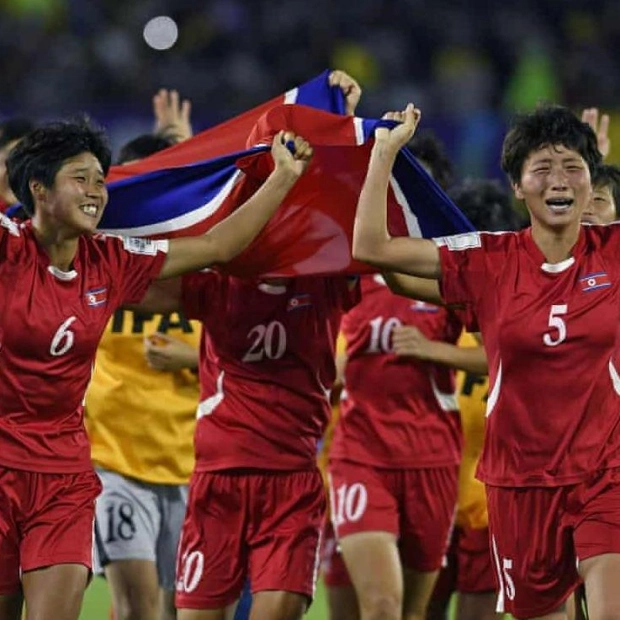At least 20 individuals sustained injuries during confrontations, and law enforcement officers utilized rubber bullets and tear gas to break up gatherings as thousands rallied in the Bangladeshi capital and various regions on Friday, urging Prime Minister Sheikh Hasina to step down.
The demonstrators sought justice for the families of the 150 individuals who perished in violence linked to protests last month concerning a job quota system. Numerous young people paraded through Dhaka, chanting "we want justice" and brandishing anti-government placards. In other parts of the nation, structures such as a local office of the ruling Awami League party were torched, a police kiosk was set alight, and armored vehicles were damaged amid the protests.
Authorities stated they discharged rubber bullets and tear gas when crowds assaulted them in the northeastern town of Habibganj, and they also used stun grenades to disperse protesters in the adjacent city of Sylhet. A witness in Sylhet reported around 20 individuals were wounded. "They ignited the local Awami League office and several other government offices and burned motorcycles," disclosed Khalilur Rahman, a police officer in Habiganj, noting that police had resorted to firing rubber bullets and tear gas to manage the scenario.
The present turmoil represents the most significant challenge Hasina has confronted since lethal protests erupted during her victory in January's elections, which the main opposition Bangladesh Nationalist Party boycotted. Student organizations spearheaded protests last month against quotas in government jobs, which included a 30 percent reservation for families of veterans from the 1971 war of independence against Pakistan.
Those protests escalated into violence that claimed at least 150 lives, injured thousands, and resulted in approximately 10,000 arrests. The protests temporarily halted after the Supreme Court abolished most quotas. Students have resumed sporadic protests this week, demanding justice for the families of those slain. Critics of Hasina and human rights organizations have charged her government with employing excessive force to quash the movement, a claim both Hasina and her ministers refute.
"People make mistakes. If she (Hasina) had apologized, everything would return to normal. If she cannot manage it, tensions will continue to escalate," remarked Syed Sadman, a student, during a protest in Dhaka.






